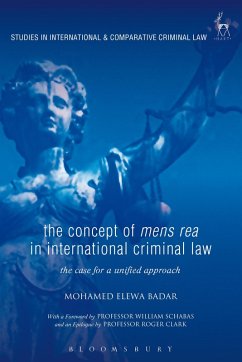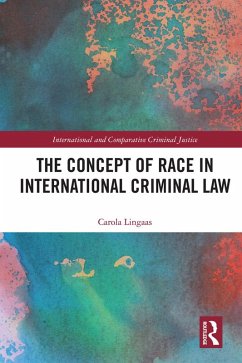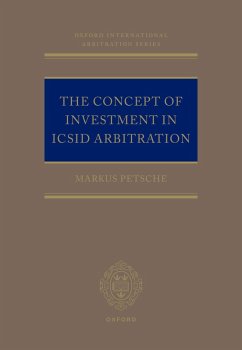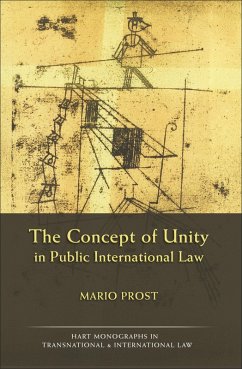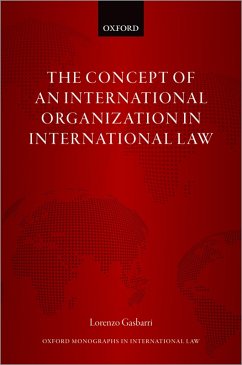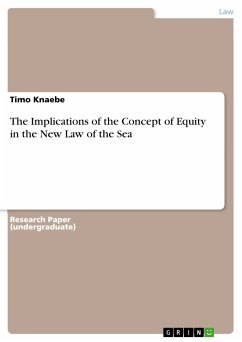
The Implications of the Concept of Equity in the New Law of the Sea (eBook, ePUB)

PAYBACK Punkte
0 °P sammeln!
Research Paper (undergraduate) from the year 2006 in the subject Law - European and International Law, Intellectual Properties, grade: B+, University of Dar es Salaam (Faculty of Law), course: Law of the Sea, language: English, abstract: Equity as a legal concept is a direct emanation of the idea of justice. It was however a long time, before this understanding broke way in municipal law, let alone that it became accepted by a majority in Public International Law, as the lawyers [in England] had a maxim that they would tolerate a 'mischief' [a failure of substantial justice in a particular cas...
Research Paper (undergraduate) from the year 2006 in the subject Law - European and International Law, Intellectual Properties, grade: B+, University of Dar es Salaam (Faculty of Law), course: Law of the Sea, language: English, abstract: Equity as a legal concept is a direct emanation of the idea of justice. It was however a long time, before this understanding broke way in municipal law, let alone that it became accepted by a majority in Public International Law, as the lawyers [in England] had a maxim that they would tolerate a 'mischief' [a failure of substantial justice in a particular case] rather than an 'inconvenience' [a breach of legal principle]. The parties to the case were however mostly not satisfied with such 'inconvenience' resulting from the 'hard nosed' municipal Common Law and started to seek redress from a higher authority - in this case the King of England. This (royal) remedy is based on the concept of 'Equity,' which - as understood in this paper - was applied to correct unjust outcomes and referred to considerations of fairness, and reasonableness. Eventually, the foremost municipal concept of Equity found entry into international jurisprudence. However, mostly civil law countries - whose approach towards Equity was and is more reluctant - were challenging this understanding, arguing that the Court "should work on the basis of existing rights," in Public International Law a distinction of different 'Equities' was developed. As will be shown, the usage of some of these 'Equities' is highly controversial, whereas others are today nearly commonly accepted as part of today's Public International Law.
Dieser Download kann aus rechtlichen Gründen nur mit Rechnungsadresse in A, B, BG, CY, CZ, D, DK, EW, E, FIN, F, GR, HR, H, IRL, I, LT, L, LR, M, NL, PL, P, R, S, SLO, SK ausgeliefert werden.




